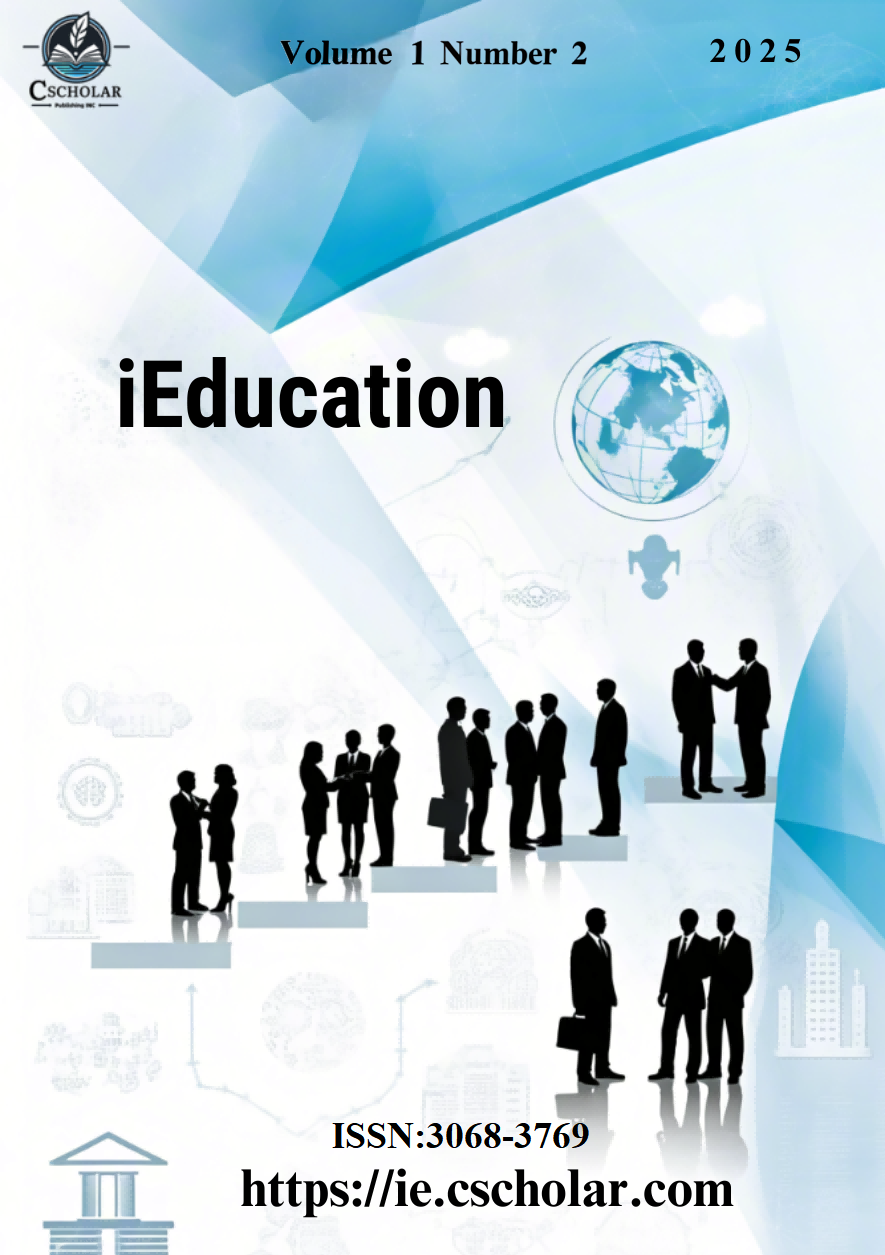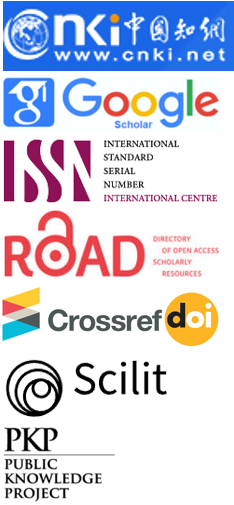Fostering Social-Emotional Competencies Through English Instruction: A Case Study of SEL Integration in Chinese Primary Schools
DOI:
https://doi.org/10.71204/hj1nf035Keywords:
Social-Emotional Learning (SEL), English Education, Primary SchoolAbstract
Social-emotional learning (SEL) has gained global recognition for enhancing students' holistic development, yet its implementation in non-Western educational contexts remains underexplored. This mixed-methods case study investigates the integration of SEL principles into English language instruction at a Chinese primary school, addressing a significant gap in understanding how CASEL's five core competencies can support language acquisition in contexts where English is taught as a foreign language. Through in-depth interviews with three English teachers and systematic classroom observations, this study identified three primary challenges: student disengagement, proficiency disparities, and outdated instructional approaches. Following implementation of an integrated SEL-English curriculum based on CASEL's framework, classroom observations revealed significant improvements in student engagement, peer collaboration, and language participation. Specifically, incorporating self-awareness and self management activities addressed attention difficulties, while social awareness and relationship-focused strategies mitigated proficiency gaps through structured peer support. This study contributes to both theoretical understanding of SEL application in subject-specific contexts and practical knowledge for language educators. The findings suggest that systematic integration of SEL principles can transform primary English instruction while supporting China's educational goals of cultivating well-rounded talents with both linguistic competence and social-emotional skills. The results have important implications for teacher education programs, curriculum development, and educational policy in emerging SEL contexts.
References
An, L., Vaid, E., Elias, M. J., Li, Q., Wang, M., & Zhao, G. (2021). Promotion of social and emotional learning in a Chinese elementary school. Social Behavior and Personality: An International Journal, 49(10), 1–9.
Bai, B., Shen, B., & Wang, J. (2024). Impacts of social and emotional learning (SEL) on English learning achievements in Hong Kong secondary schools. Language Teaching Research, 28(3), 1176–1200.
Chang, G. X. (2020). Whether Social Emotional Learning (SEL) independent courses are effective. QingDao University.
Chen, L. (2024). Strategies for Implementing Social and Emotional Learning (SEL) in education. Applied & Educational Psychology, 5(4), 48–53.
Chen, X & Hu, H. (2024). Chinese-style modernization and comprehensive human development: An analysis from the perspective of the sinicization and modernization of Marxism. 4(13), 1–11.
Du, Y., & Mao, Y. Q. (2019). From specialized courses to comprehensive reform: Strategy model transformation for promoting Social Emotional Competencies. Global Education, 48(05), 39–53.
Gong, Y. Y. (2022). An exploration of the integration of Social and Emotional Learning with subject teaching. Shanghai Normal University.
J. Durlak, R. Weissberg, Allison B. Dymnicki, Rebecca D. Taylor, & Kriston B. Schellinger. (2011). The impact of enhancing students’ social and emotional learning: A meta-analysis of school-based universal interventions. Child Development.
John Payton, R. Weissberg, & Molly Pachan. (2008). The positive impact of Social and Emotional Learning for kindergarten to eighth-grade students: Findings from three scientific reviews. Technical Report.
Li et al. (2023). Social and Emotional Competence in adolescents: Concepts, development, and practice. Journal of Gannan Normal University, 44(05), 104–111.
Mah, V. K., & Ford-Jones, E. L. (2012). Spotlight on middle childhood: Rejuvenating the ‘forgotten years’. Paediatrics & Child Health, 17, 81–83.
Osher, D., Kidron, Y., Brackett, M., Dymnicki, A., Jones, S., & Weissberg, R. P. (2016). Advancing the science and practice of Social and Emotional Learning: Looking back and moving forward. Review of Research in Education, 40(1), 644–681.
Ping, L., Minghua, Z., Bin, L., & Hongjuan, Z. (2004). Deyu as moral education in modern China: Ideological functions and transformations. Journal of Moral Education, 33(4), 449–464.
Schon, D.A. (1983). The reflective practitioner: How professionals think in action. Basic Books.
Tevdovska, E. S. (2017). The impact of Emotional Intelligence in the context of language learning and teaching. SEEU Review, 12(1), 125–134.
Yoder, N. (2014). Self-assessing Social and Emotional Instruction and Competencies: A tool for teachers. Center on Great Teachers and Leaders. https://eric.ed.gov/?id=ED553369
Zhu, T. (2022). Elementary school English unit integral teaching based on social emotional learning. GuangDongJiaoYu, 8, 31–32.
Downloads
Published
Issue
Section
License
Copyright (c) 2025 Yijia Zhang, Zishu Meng (Author)

This work is licensed under a Creative Commons Attribution 4.0 International License.
All articles published in this journal are licensed under the Creative Commons Attribution 4.0 International License (CC BY 4.0). This license permits unrestricted use, distribution, and reproduction in any medium, provided the original author(s) and source are properly credited. Authors retain copyright of their work, and readers are free to copy, share, adapt, and build upon the material for any purpose, including commercial use, as long as appropriate attribution is given.








